Session 4

Theologians use the word "soteriology" to describe different understandings of salvation.
A soteriology generally answers two questions:
1) What is the end goal of the Christian life?
2) How does a person achieve that goal?
First, let's talk about
the end goal of the Christian life.

The Afterlife
Binary Afterlife
Heaven and Hell are distinct locations to which a person's soul will go to experience either eternal bliss or eternal torment. The goal of the Christian life is to avoid and Hell and go to Heaven.
Unitary Afterlife, Binary Experience
Heaven and Hell are not different places but different experiences of being in God's loving presence. People who have accepted God's love will find this blissful. People who have rejected God's love will find it tormenting. The goal of the Christian life is to cultivate a love of God.
Unitary Afterlife
Only Heaven exists. If Hell does exist, it exists as a temporary state for purification before going to heaven. The goal of the Christian life is connection with God, which is a reward in and of itself.
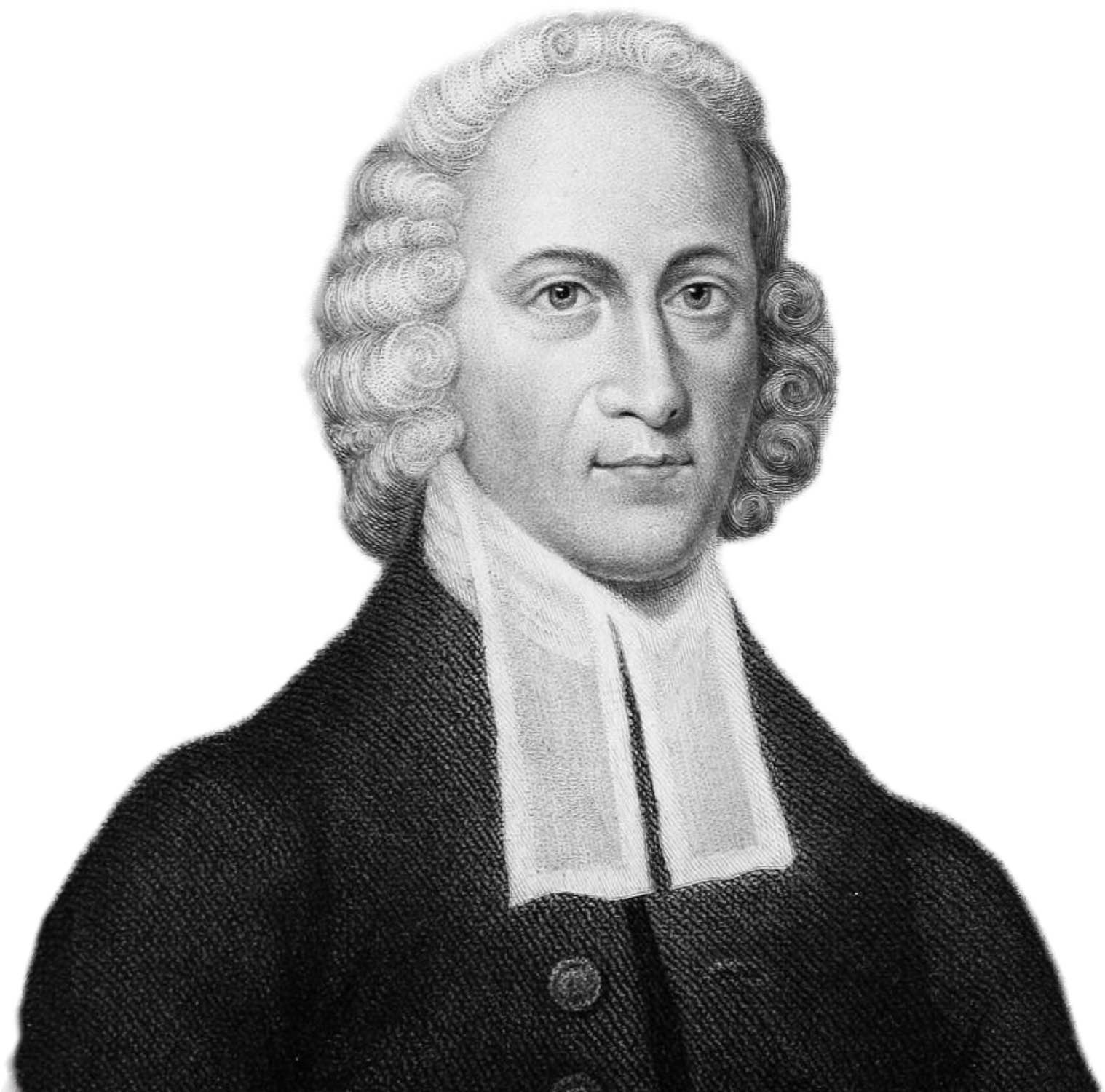
Some talk of it as an unreasonable thing to fright persons to heaven, but I think it is a reasonable thing to endeavor to fright persons away from hell. They stand upon its brink, and are just ready to fall into it, and are senseless of their danger. Is it not a reasonable thing to fright a person out of a house of fire? Or is it not the duty of a parent to warn their child running toward the edge of a cliff?
Jonathan Edwards (1703 – 1758)
Congregationalist Preacher and Theologian
It is absurd to assume that the sinners in hell are deprived of God's love. Love is offered impartially. But by its very power it acts in two ways. It torments sinners, as happens here on earth when we are tormented by the presence of a friend to whom we have been unfaithful. And it gives joy to those who have been faithful.
St. Isaac the Syrian (c.613 – c.700)
Early Christian Bishop and Theologian
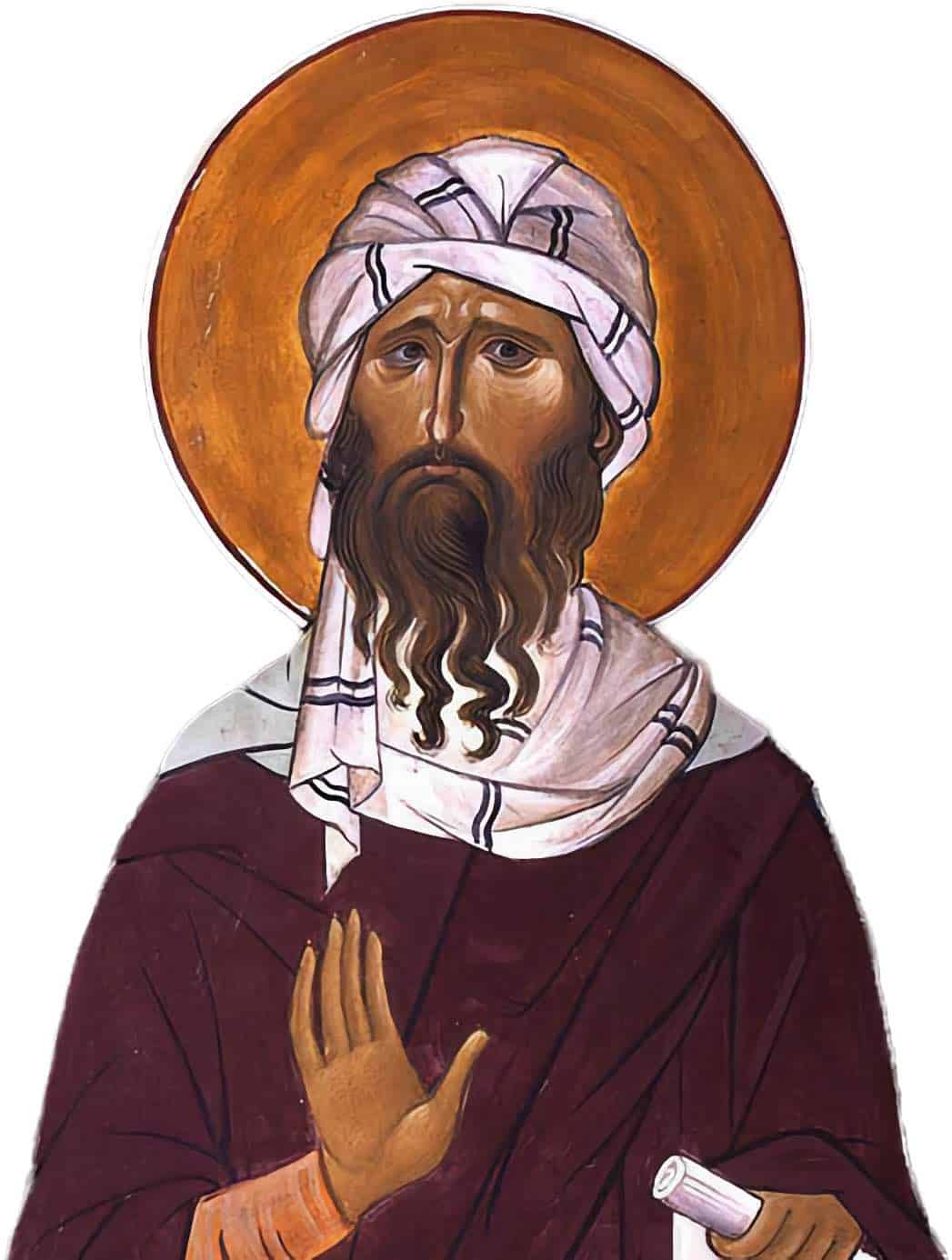
At the center of the Christian tradition since the first church have been a number who insist that history is not tragic, hell is not forever, and love, in the end, wins and all will be reconciled to God.
Rob Bell (1970 – )
American Theologian, Author, and Former Pastor
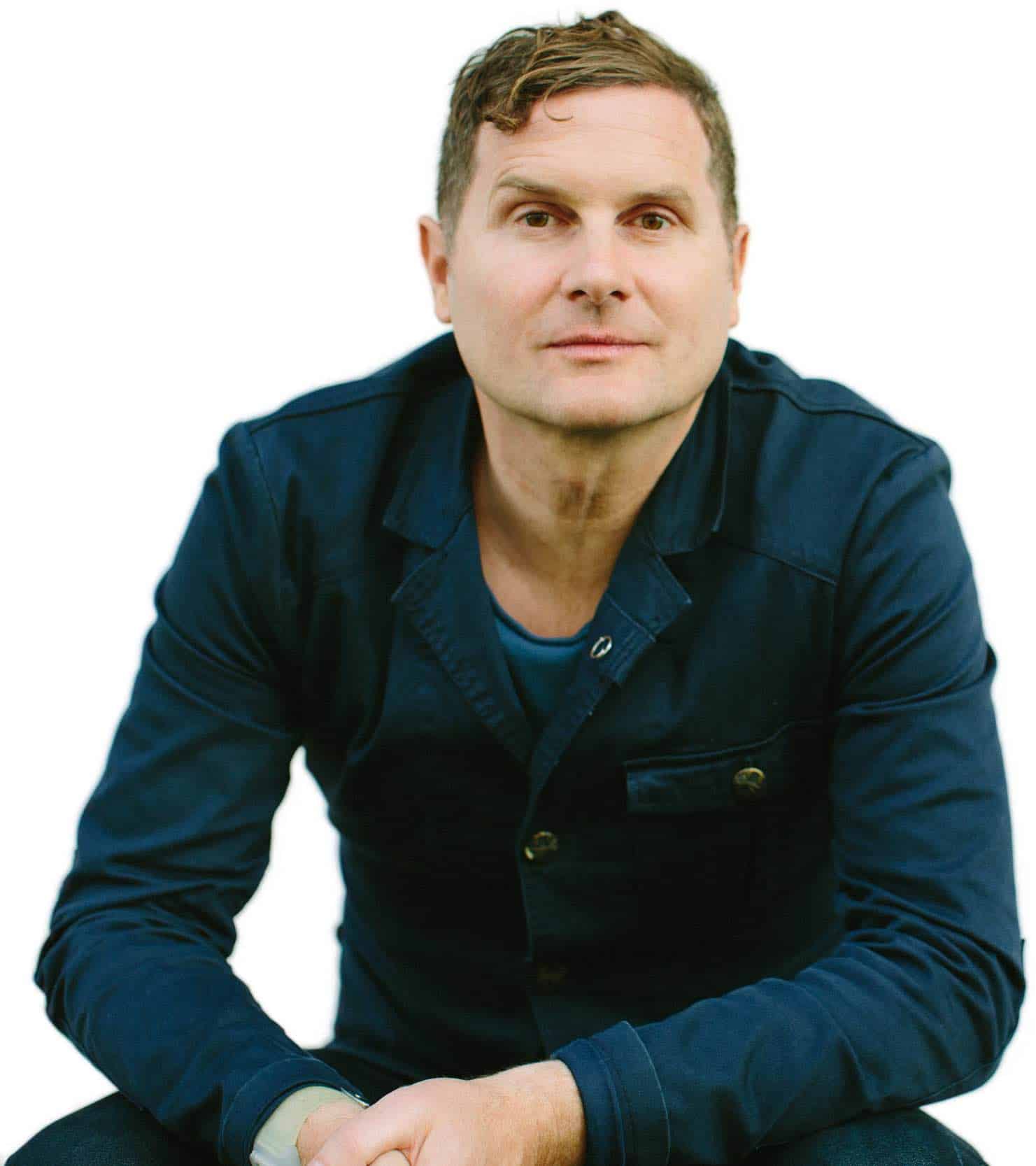

Here & Now
Kingdom Building
The goal of the Christian life is to help bring about the Kingdom of God through acts of justice, liberation, and care for the marginalized and oppressed.
Theosis
The goal of the Christian life is to become closer to and more like God. In some views, this work is begun during a person's life and completed in the afterlife. In other views, it's work that takes place across multiple lifetimes.
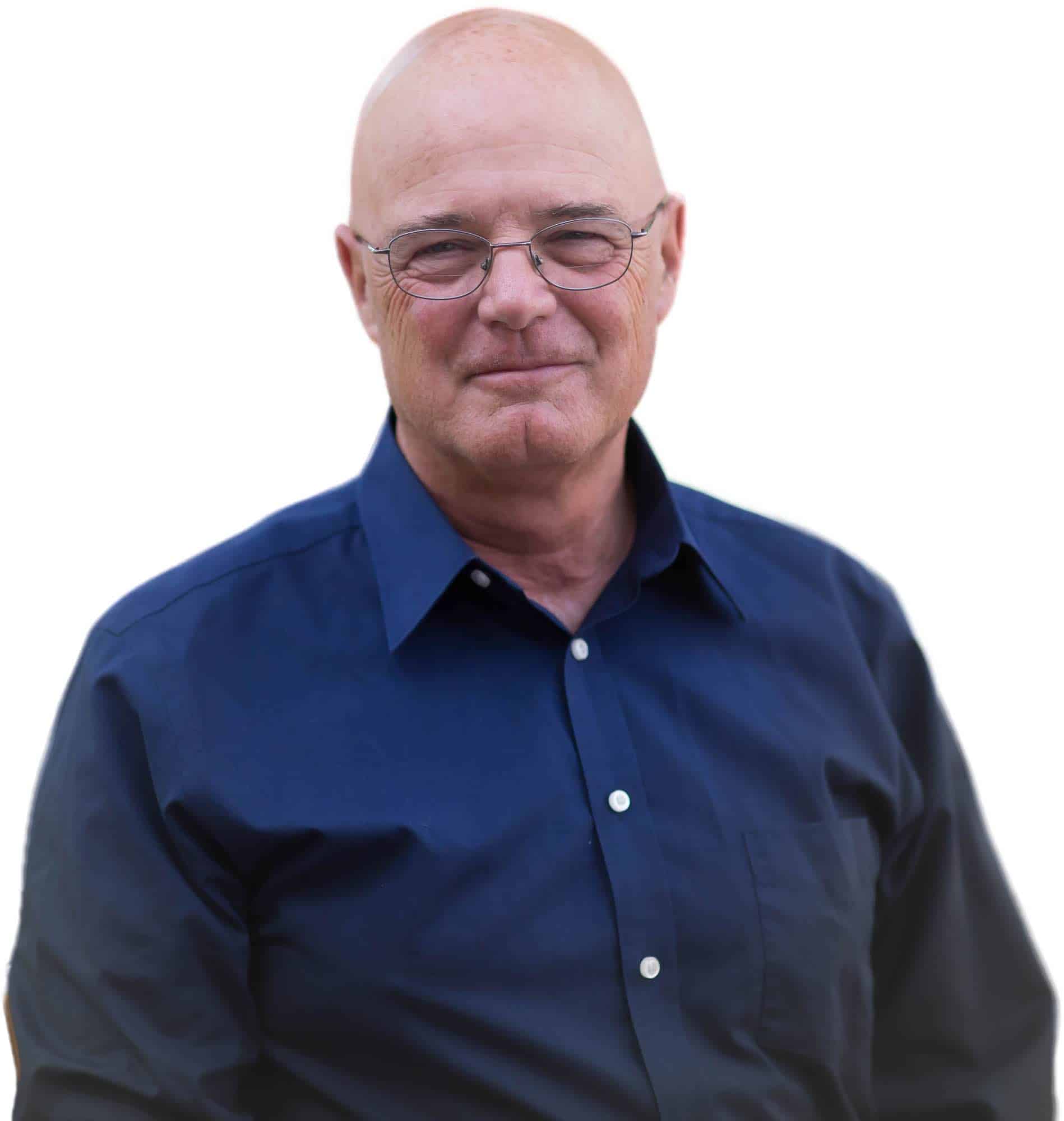
What if Jesus’ secret message reveals a secret plan? What if he didn’t come to start a new religion – but rather came to start a political, social, religious, artistic, economic, intellectual, and spiritual revolution that would give birth to a new world?
Brian Mclaren (1956 - )
Evangelical Author, Activist, and Public Theologian
In the Bible poverty is a scandalous condition inimical to human dignity and therefore contrary to the will of God.... The poverty of the poor is not a call to generous relief action, but a demand that we go and build a different social order.
Gustavo Gutierrez (1928 – )
Dominican Priest and Theologian
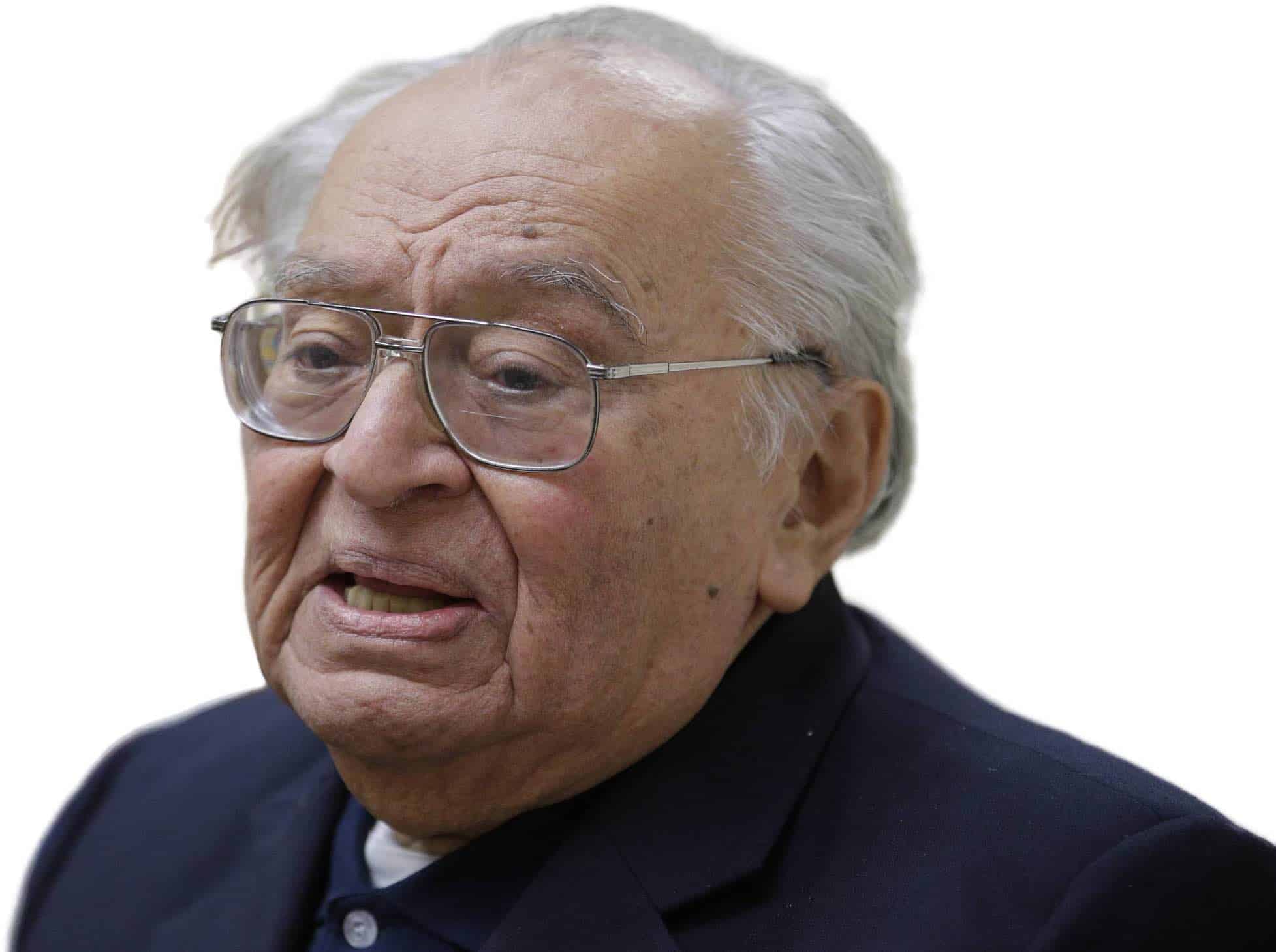
Yea, I say, the Word of God became a man so that you might learn from a man how to become a god…. If one knows himself, he will know God, and knowing God will become like God.
Clement of Alexandria (150 – 215)
Christian Theologian and Philosopher
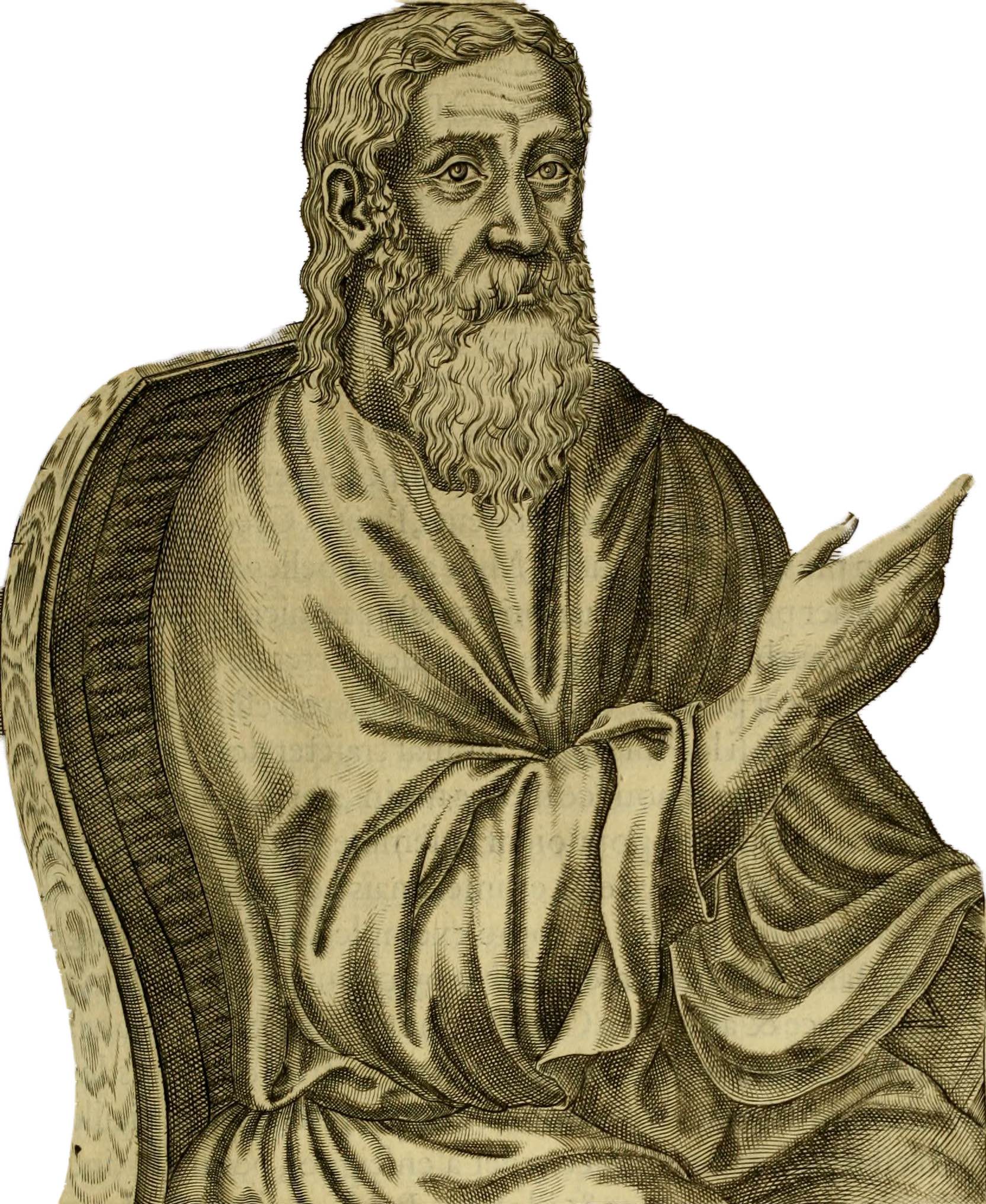
Those who require bodies are clothed with them, and contrariwise, when fallen souls have lifted themselves up to better things, their bodies are once more annihilated. They are thus ever vanishing and ever reappearing.
Origen of Alexandria ( c.185 – c.253)
Christian Scholar, Ascetic, and Theologian

Next, let's talk about
how that end goal is achieved.
God predetermines who achieves the end goal of the Christian life.
The end goal is achievable only by Christians.
All religions are true to one extent or another. The end goal is achievable by faithful members of any religion.
Then end goal is achievable by all people irrespective of their religion, faithfulness, or behavior.
Each religion has its own unique end goal. There are many paths and many destinations.

God preordained, for his own glory and the display of His attributes of mercy and justice, a part of the human race, without any merit of their own, to eternal salvation, and another part, in just punishment of their sin, to eternal damnation.
John Calvin (1509 - 1564)
French Theologian, Pastor and Reformer
There is no hope of anyone going to Heaven unless they believe this truth I am presenting. You cannot go to Heaven unless you believe with all your heart that Jesus took your place in Hell.
Joyce Meyer (1943 – )
American Charismatic Christian Author and Speaker

Sacred scripture is of course the basic authority for everything; yet I sometimes run across ancient sayings or pagan writings – even the poets – so purely and reverently and admirably expressed that I can’t help believing the author’s hearts were moved by some divine power. And perhaps the spirit of Christ is more widespread than we understand, and the company of the saints includes many not on our calendar.
Desiderius Erasmus (1466 – 1536)
Dutch Christian Humanist and Catholic Theologian

All God’s enemies perish; not that they cease to exist but that they cease to be enemies.
Jerome of Stridon (c.342 – 420)
Early Christian and Theologian
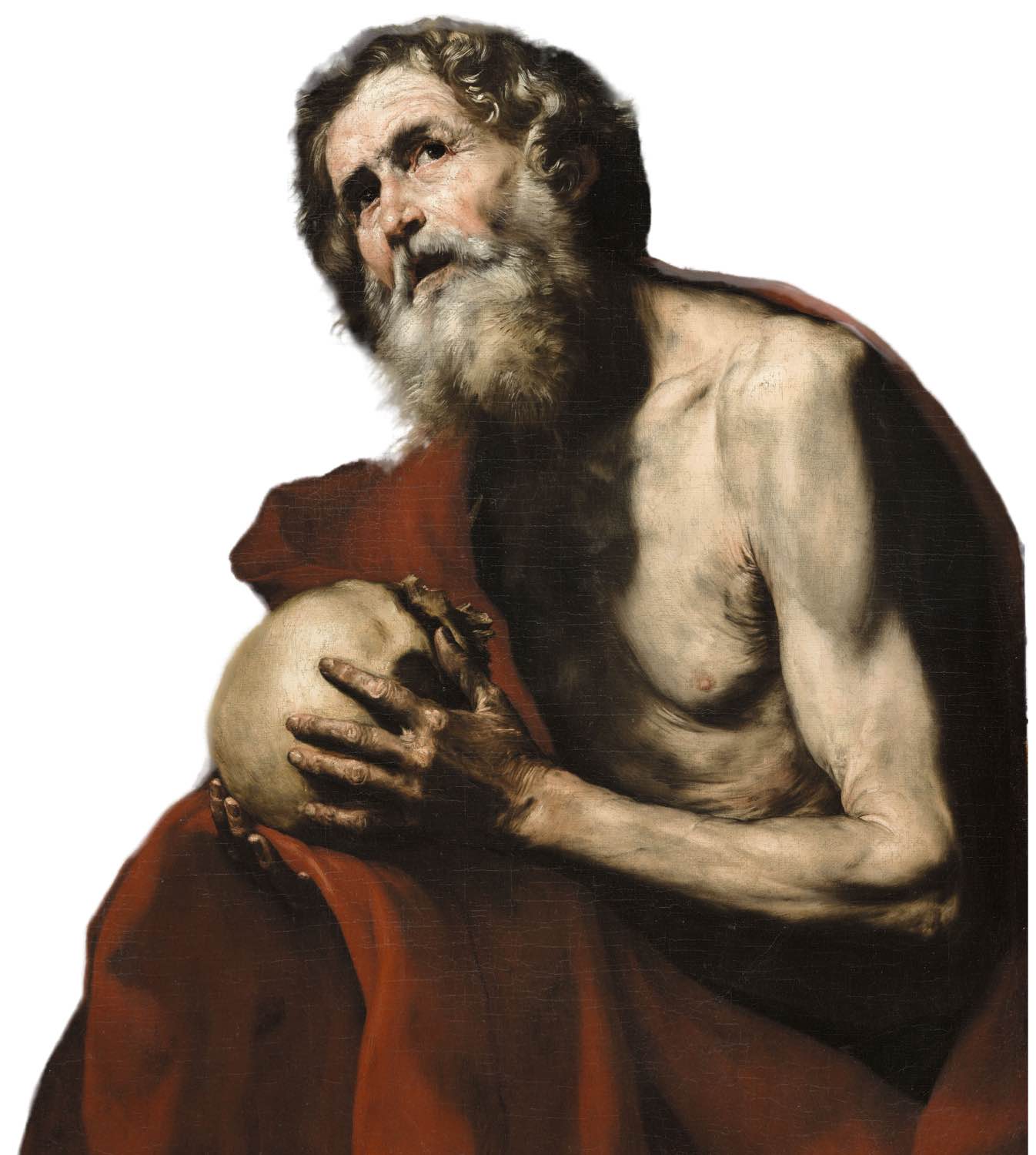
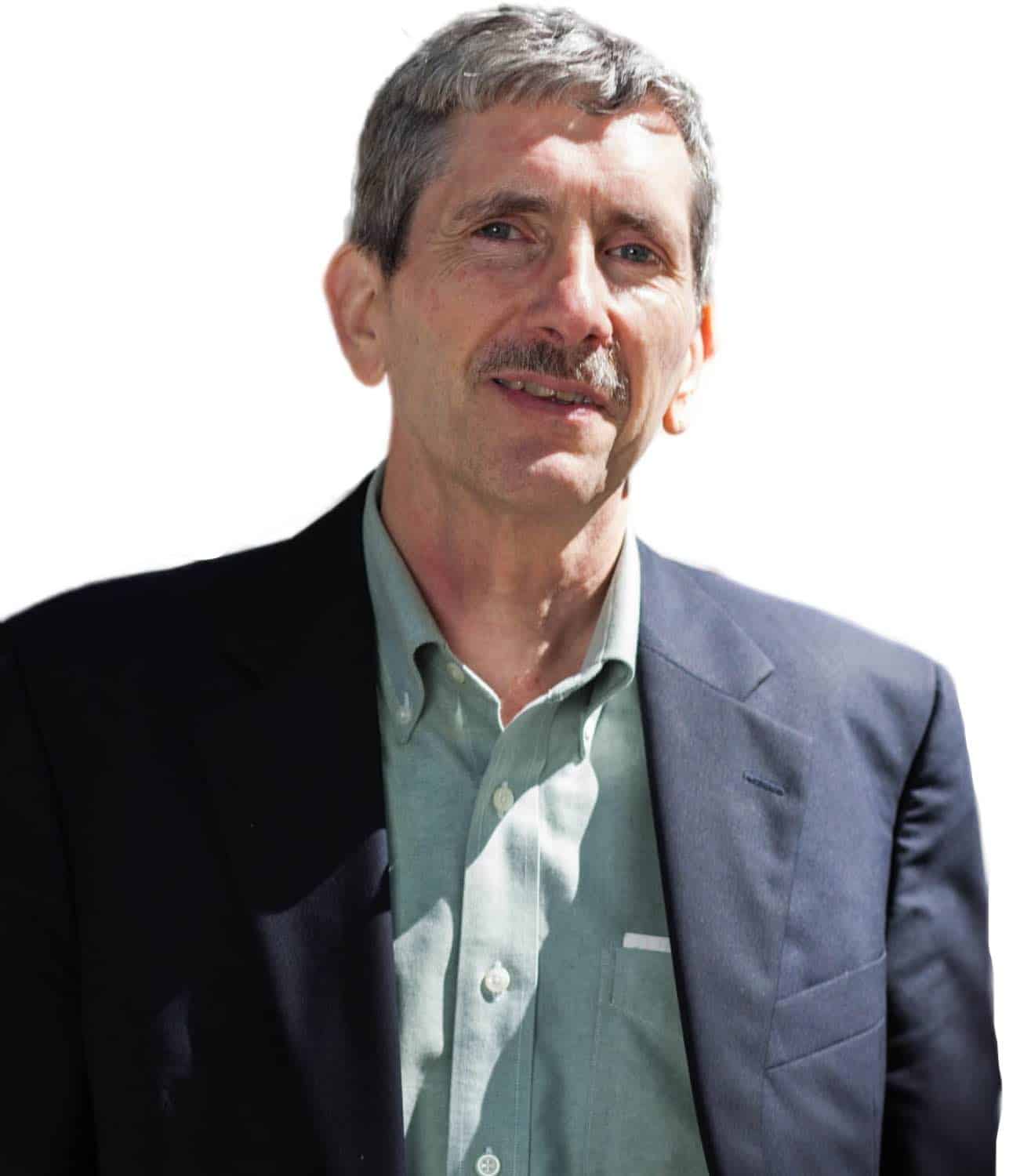
It makes more sense to speak of salvation in the plural, to maintain that the ends of various religions are indeed varied and significantly constituted by the paths taken to reach them. At the same time, all paths – Christianity included – can and must make or require exclusive commitments on the part of those that hold them.

